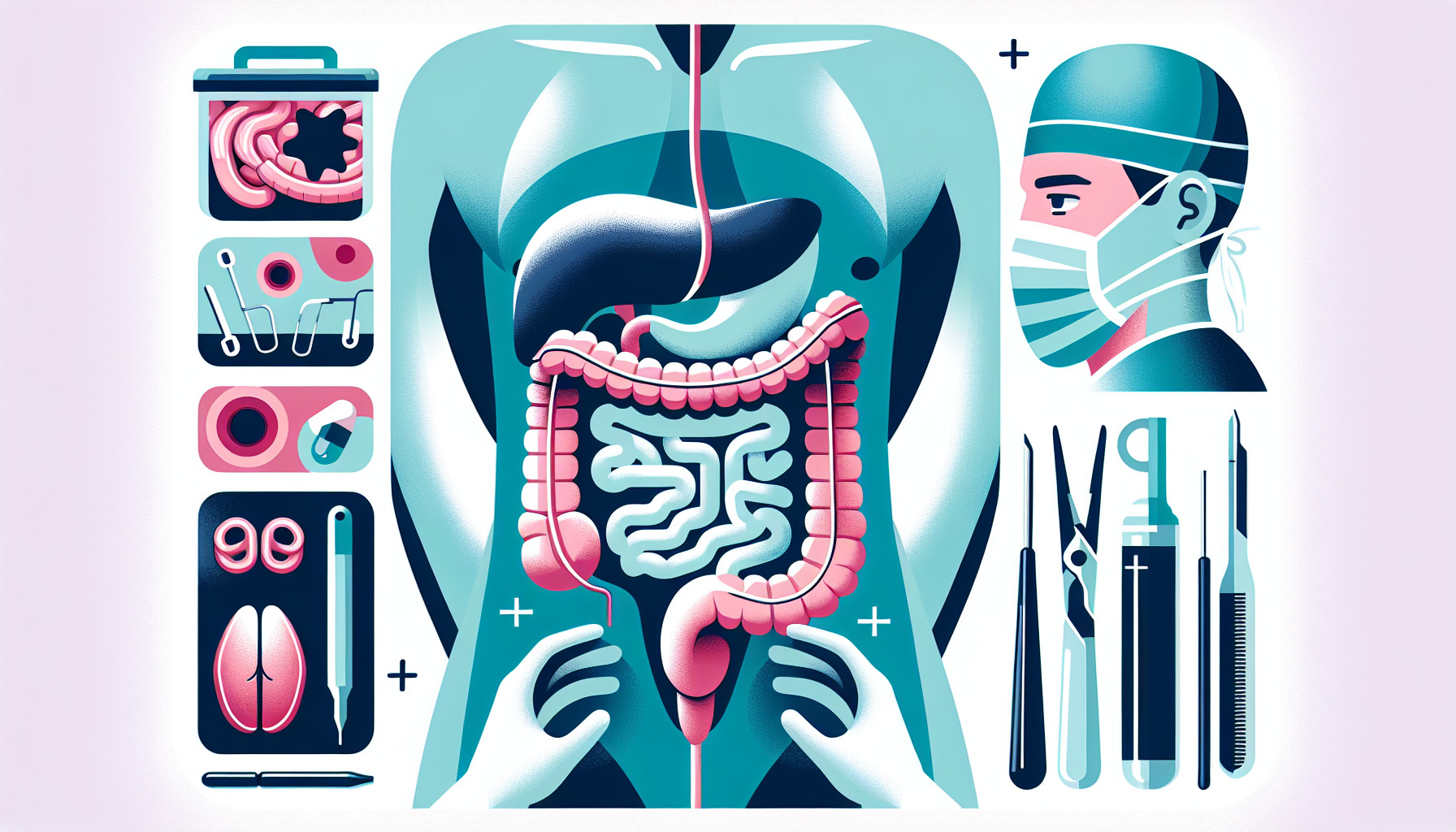Our Summary
This research paper reviews the progress and challenges of adult intestine transplantation (ITx) in Europe. Since the first successful case in 1989, there haven’t been significant survival improvements after 2005, indicating the complex nature of this procedure.
Recent advancements in medical and surgical treatments for intestinal failure have reduced the need for ITx. However, new medical conditions (like diffuse ischemia) are making this transplant necessary. Right now, the best method of preserving the intestine for transplant is by flushing it with cold fluid and keeping it in cold storage. However, there are promising results with an additional preservation method within the intestine’s inner layer.
One of the major challenges is chronic rejection of the new organ, and currently, the most effective strategy to combat this is to include a liver with the ITx. There is still debate over how to treat graft-versus-host-disease (a complication where the transplanted cells attack the patient’s body).
On the bright side, the quality of life significantly improves after a successful ITx, and it becomes cost-effective three years after the procedure. Despite the challenges, the long-term results of ITx, especially when combined with a liver transplant, are excellent and on par with other organ transplants. The paper concludes by stating that more studies are needed to address the immune system-related challenges presented by ITx.
FAQs
- What recent innovations have been made in adult intestinal transplantation (ITx) in Europe?
- What are some of the new indications for ITx and what strategies are being used to tackle chronic rejection?
- How long does it take for ITx to become cost-effective and how does its long-term outcome compare to other solid organ transplants?
Doctor’s Tip
One helpful tip a doctor might tell a patient about intestinal transplant is to closely follow the post-transplant care plan provided by their healthcare team. This may include taking immunosuppressant medications as prescribed, attending regular follow-up appointments, and maintaining a healthy lifestyle to support the new organ. It is important to communicate any changes in symptoms or health status to their healthcare team promptly to ensure the best possible outcome after the transplant.
Suitable For
Patients who are typically recommended for intestinal transplant are those with irreversible intestinal failure, often due to conditions such as short bowel syndrome, intestinal dysmotility, or ischemic bowel disease. These patients may have failed conventional treatments such as total parenteral nutrition or have complications such as recurrent sepsis or liver failure. Patients who have failed multiple surgeries or have complications from previous surgeries may also be considered for intestinal transplant. Additionally, patients with certain rare genetic disorders or autoimmune conditions that affect the intestines may be candidates for transplant. Ultimately, the decision to recommend intestinal transplant is made on a case-by-case basis by a multidisciplinary team of transplant specialists.
Timeline
Before intestinal transplant:
- Patient experiences intestinal failure, often due to conditions such as short bowel syndrome, intestinal ischemia, or motility disorders
- Patient undergoes extensive medical treatment, such as parenteral nutrition, to manage symptoms and maintain nutrition
- Patient may experience complications such as infections, liver disease, or dehydration due to intestinal failure
- Patient is evaluated for intestinal transplant by a multidisciplinary team, including gastroenterologists, surgeons, and transplant coordinators
After intestinal transplant:
- Patient undergoes the transplant surgery, which involves removing the diseased intestine and replacing it with a healthy donor intestine
- Patient is closely monitored in the immediate post-transplant period for complications such as infection, rejection, or graft-versus-host disease
- Patient undergoes regular follow-up appointments to monitor graft function, adjust medications, and address any complications
- Patient may experience improvements in quality of life, including the ability to eat and digest food normally
- Long-term outcomes of intestinal transplant, particularly when combined with liver transplant, can be excellent and similar to other solid organ transplants
What to Ask Your Doctor
- What are the potential risks and complications associated with intestinal transplantation?
- How long is the recovery process after intestinal transplantation and what can I expect during this time?
- What medications will I need to take post-transplant and are there any potential side effects?
- How often will I need to follow up with my transplant team after the procedure?
- What lifestyle changes will I need to make after intestinal transplantation?
- Are there any specific dietary guidelines I should follow post-transplant?
- How will the success of the transplant be monitored in the long term?
- What is the likelihood of rejection and how is it treated?
- Are there any alternative treatments or therapies available for intestinal failure that I should consider before pursuing transplantation?
- What is the overall success rate of intestinal transplantation, and what factors can influence the outcome?
Reference
Authors: Clarysse M, Canovai E, Vanuytsel T, Pirenne J. Journal: Curr Opin Organ Transplant. 2020 Apr;25(2):176-182. doi: 10.1097/MOT.0000000000000731. PMID: 32073489
